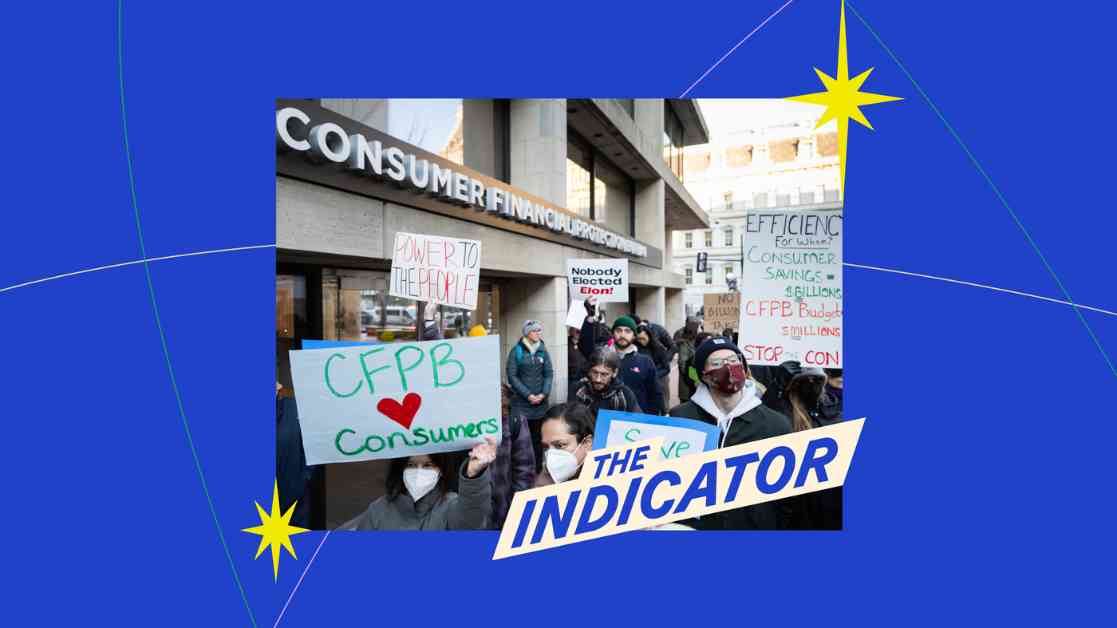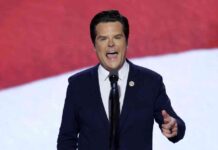In the bustling streets of Washington, DC, a wave of demonstrators flooded the scene, their voices echoing through the air as they protested against President Trump’s anticipated plan to close the Consumer Financial Protection Bureau. Among the crowd was a passionate lawyer, whose career aspirations were abruptly halted by the looming threat of federal layoffs. This personal anecdote sheds light on the broader implications of such actions, raising questions about the long-term consequences of government workforce reductions and the potential impact on attracting top talent in the future.
Unraveling the Economic Impact
As the dust settles from the recent wave of federal layoffs, experts are beginning to unravel the complex web of economic consequences. The immediate effects are evident – loss of income, reduced consumer spending, and increased strain on social support systems. However, the long-term repercussions may extend far beyond the initial shockwaves. A shrinking government workforce could lead to decreased efficiency in delivering vital services, hindering the overall productivity of key sectors. Moreover, the exodus of skilled workers may result in a brain drain, depriving the government of essential expertise needed to navigate complex policy challenges.
Challenges in Attracting Talent
The personal narrative of the displaced lawyer highlights a pressing concern for the government – its ability to attract and retain top talent in the face of ongoing instability. As layoffs become a recurrent theme in the public sector, potential recruits may think twice before committing to a career in government service. The allure of job security and competitive benefits may no longer suffice to offset the perceived risks of sudden workforce reductions. Without a robust talent pipeline, the government risks compromising its ability to address pressing issues and innovate in a rapidly evolving landscape.
In the midst of these challenges, one thing remains clear – the human impact of federal layoffs cannot be understated. Behind every statistic lies a personal story, a dream deferred, and a future uncertain. It is imperative for policymakers and leaders to consider the ripple effects of their decisions on individuals, families, and communities. As the nation grapples with the aftermath of widespread layoffs, the resilience and resourcefulness of those affected will be put to the test. In the words of renowned economist, John Maynard Keynes, “The difficulty lies not so much in developing new ideas as in escaping from old ones.” As we navigate these turbulent waters, it is essential to embrace change, adapt to new realities, and forge a path forward that prioritizes the well-being of all citizens.






















